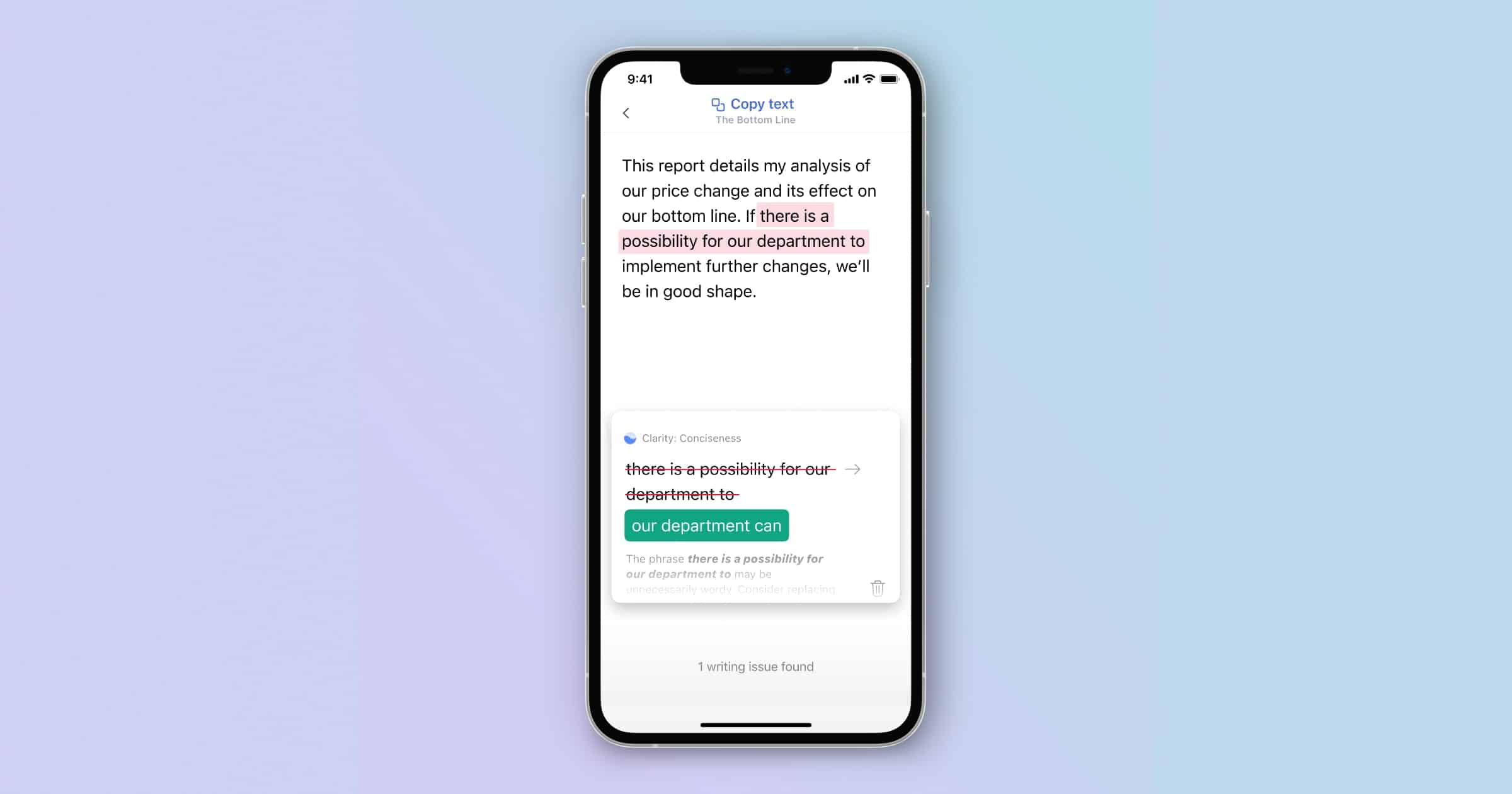

- #Grammarly for mac m1 install
- #Grammarly for mac m1 update
- #Grammarly for mac m1 software
- #Grammarly for mac m1 code
Whereas most people find Grammarly helpful and handy, there is a little bit of dissatisfaction with a few facets of this software and the marketing behind it. As is the case with any software, though, Mac users may need to remove this tool at some point.
#Grammarly for mac m1 install
Users can install a separate Mac application, add the Grammarly extension to their preferred web browser, and from late March 2020, use an add-in for Microsoft Word. Grammarly boasts full-blown support of macOS. Specifically, its proprietary algorithms rely on a mix of machine learning and unique methods for processing natural language. It claims to employ artificial intelligence (AI) to identify different types of text inaccuracies. Even if you aren’t currently using it, you have probably seen some of its ads here and there on the Internet. That’s true, and there are services that deliver such functionality. People mostly type rather than write in the classic sense these days, which in theory makes it easier to automate things like grammar and spell checks. It’s common knowledge that a good deal of human communication has migrated online. Once you complete all the required fields, click the Save button to start the policy enrollment.This article provides steps to remove Grammarly from Mac, covering the process both for the standalone app and for extensions added to popular web browsers. You can find the app icon for the Self Service here: Grammarly Icon.

Choose the Category according to your organization’s settings.
#Grammarly for mac m1 update

Navigate to Scripts and click Configure.Adjust other fields under the General tab such as Category, Server-side, or Client-side limitations according to your Jamf organization settings:.Alternatively, select Ongoing for the installation from the Self Service.Select Once per computer from the dropdown menu for initial enrollment.Select the Execution Frequency depending on your Jamf organization setting:.Leave all trigger options unchecked for the installation from the Self Service.Check Custom to set up your custom trigger.Alternatively, check Enrollment complete to trigger the policy immediately after a computer completes the enrollment process.Check the box near the Recurring check-in option to enroll this policy on all scoped computers during the next sync with the Jamf server.Select the trigger option according to your organization’s settings:.Under the General tab in the New Policy:.Navigate to Computers → Policies and click the +New button in the top-right corner.Step 3: Create and apply the Policy with script. Note: In order to avoid the Accessibility prompt in the app, the configuration profile should be installed before the application is installed. Once the Privacy Preferences Policy Control and the Scope are defined, click Save to begin the profile enrollment.Navigate to the Scope tab and set the Deployment Targets, Limitation, and Exclusions.Select Allow from the Access dropdown menu:.Click the Add button and select Accessibility in the App or Service dropdown menu.
#Grammarly for mac m1 code


 0 kommentar(er)
0 kommentar(er)
